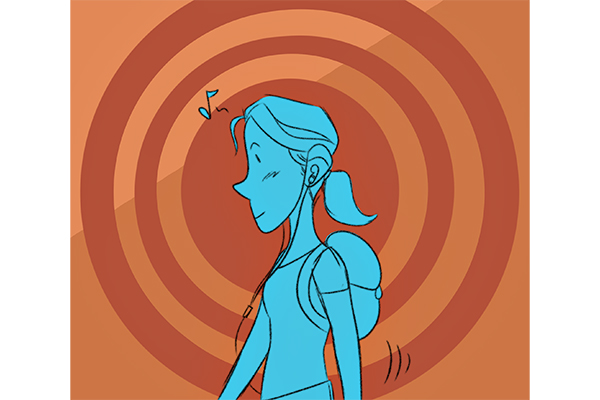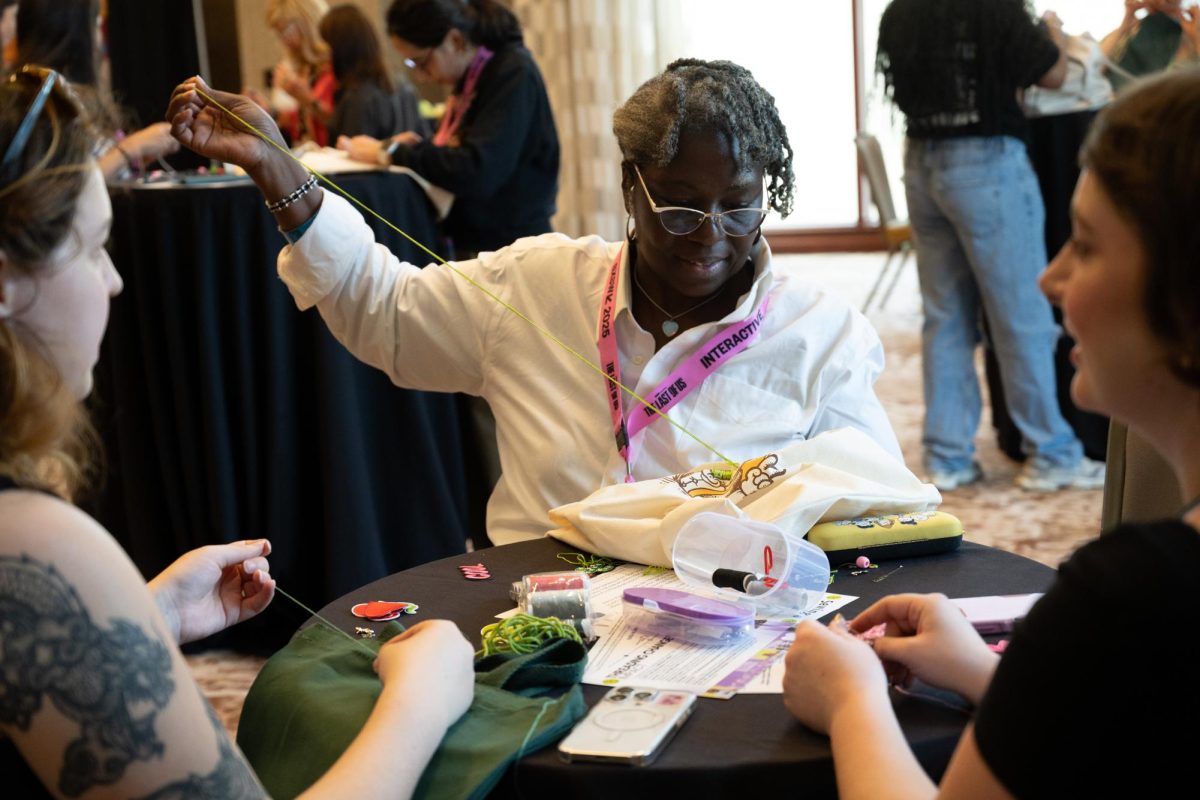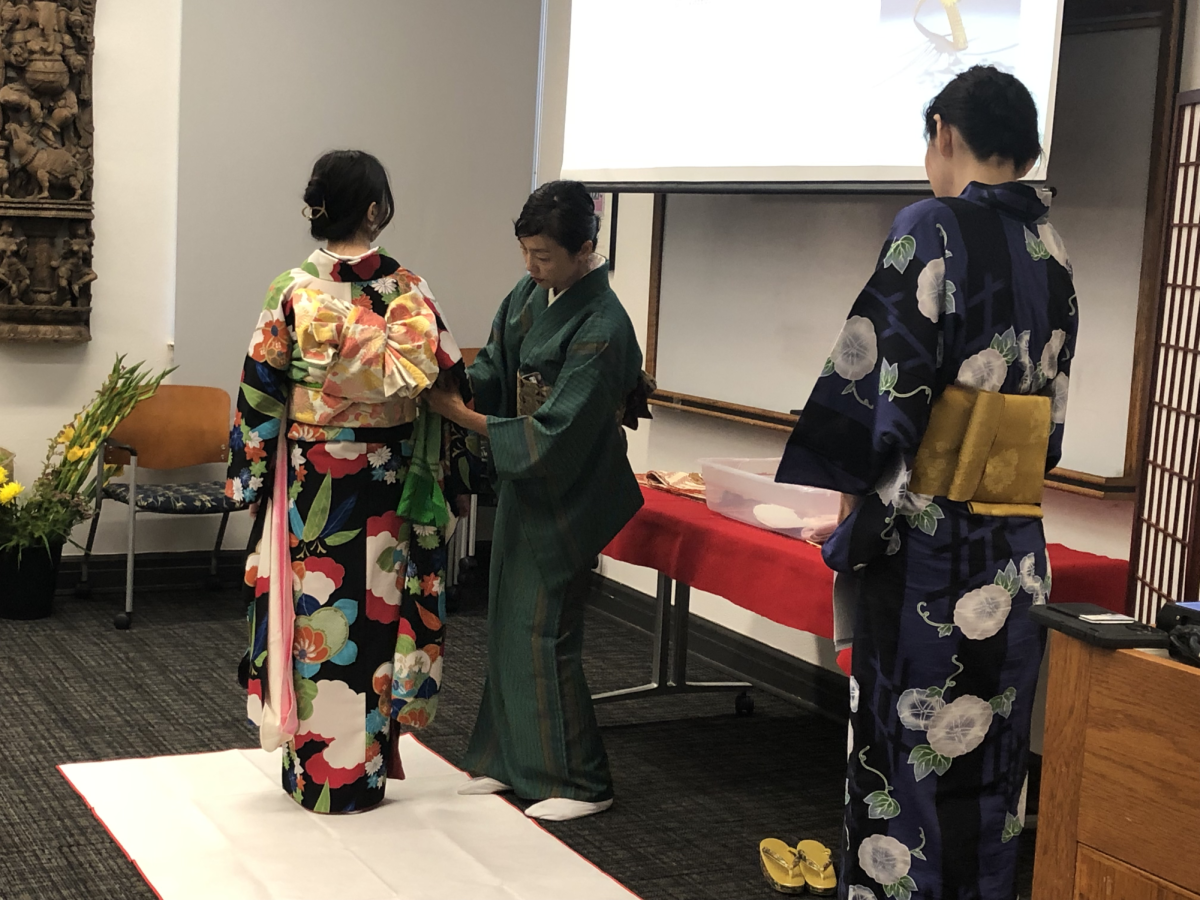There’s a science to walking for leisure.
According to the Centers for Disease Control and Prevention, adults who walk for transportation, fun or exercise increased 6% in five years from 2005 to 2010. UT students participated in this increase and, aside from the satisfaction they earn from walking, they also experience physical and mental health benefits.
Blake Rosen, supply chain management sophomore, started walking for leisure when she got a Fitbit last year. She said what started as a way to exercise soon became a hobby.
“I found that (walking) was actually really relaxing,” Rosen said. “It’s a good way to get exercise without feeling like you’re exercising.”
Rosen usually leaves an hour early before class, leisurely walking 2 miles every day Monday through Friday. She said it’s a means for reflecting, which is better to do during daytime.
“I have insomnia and would never fall asleep,” Rosen said. “Being able to think during the day is good because at night, I just pass out.”
Harold Kohl, a kinesiology and health education research professor, said general physical activity reduces risk of anxiety and depression, improves blood pressure, weight and blood glucose control. However, Kohl said walking specifically offers unique opportunities.
“Walking is the most accessible and relatively easy,” Kohl said. “(Unlike) gym memberships, you don’t need special equipment.”
John Bartholomew, kinesiology and health education department chair, said walking has more purpose than just being a means of transportation.
“You redefine that purpose (by) enjoying the environment you’re in,” Bartholomew said. “Even if it takes a bit longer, that’s part of the idea of having more time to reduce the pressure to get from point A to B.”
Rosen said she enjoys walking without a destination in mind because she doesn’t feel the pressure accompanying a destination.
“When you’re forced to do something, you never actually want to do it,” Rosen said. “It’s always less enjoyable.”
However, Bartholomew said it’s unnecessary to distinguish between walking with or without a destination because what really matters is how one uses their time walking.
“Even (without a destination), you have a purpose to walk because you want to enjoy nature,” Bartholomew said. “It’s just not an immediate purpose, and it’s usually one that’s not time-limited.”
Nonetheless, Bartholomew said positive moods after walking result from associating positive experiences with exercise. Thus, people can walk and still feel inadequate about their performance, which reduces mood. He said this may be where leisure walking helps.
“Taking your time and noticing nature as you’re walking is more likely to make that an enjoyable activity,” Bartholomew said.
Rosen said she didn’t have a bad college transition because she took walks, reflecting on her appreciation for UT.
“The first time I walked past the stadium, I was like, ‘Wow, I go to school here,’” Rosen said. “It’s hard to be depressed when you’re walking. It’s beautiful out, and you’re around new people and getting exercise.”
Bartholomew said people can improve their walking experience by varying their route to explore new areas.
“Students and faculty tend to walk along the same path each day,” Bartholomew said. “We get to a point (where) we take things for granted and pass over beauty that exists because we see it every day.”





















